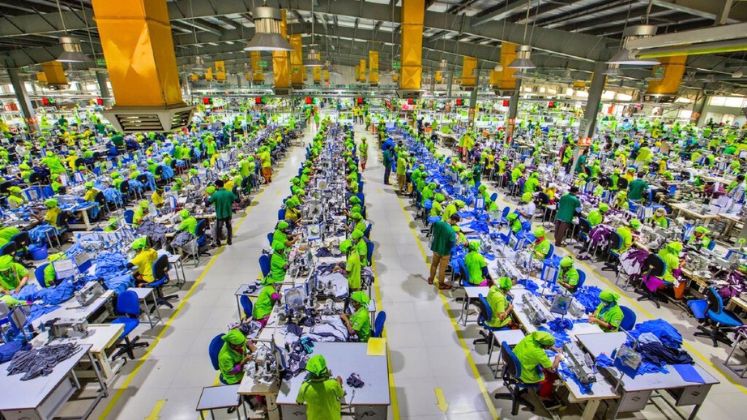
Bangladeshi ready-made garment (RMG) manufacturers are grappling with a daunting paradox; international buyers are pressing for stricter labour rights compliance, including wage increases and better working conditions, while simultaneously offering lower prices for goods. This growing contradiction is exerting considerable pressure on the industry, sparking concerns over its sustainability and long-term viability.
Exporters have raised alarms about the declining prices, warning that this trend poses a significant threat to efforts aimed at ensuring labour rights compliance. They predict that approximately 300 factories could shutter within a year, further jeopardizing the country’s overall export revenues. Currently, US buyers are offering prices that are 5-8 per cent lower, while EU buyers are providing prices that are 6-7 per cent lower compared to previous levels.
According to the Office of Textiles and Apparel (OTEXA), the price of cotton knitted sweaters in the US market dropped by 9.2 per cent from January to September 2024 compared to the same period last year. Prices for various garments, including cotton woven trousers and shirts, have also seen significant declines ranging from 4.5 per cent to 8.4 per cent during this timeframe. Additionally, US apparel imports from Bangladesh fell by 6.29 per cent in early 2024, with RMG exports valued at US $ 5.78 billion—down from US $ 5.4 billion the previous year, marking a 5.51 per cent decrease.
In EU markets, similar trends are evident, with the price of cotton knitted t-shirts declining by 8.36 per cent from January to August 2024, as reported by Eurostat. Prices for other garments, including trousers and sweaters, have similarly decreased.
With Bangladesh’s total exports reaching US $ 55.56 billion in fiscal year 2023, the RMG sector alone accounted for US $ 47 billion. In this period, Bangladesh exported US $ 23.53 billion to EU countries and US $ 8.5 billion to the US market.
The industry faces a critical juncture as stakeholders call for immediate action to foster collaboration and promote sustainable practices in the face of challenging market conditions. The future of Bangladesh’s RMG sector hangs in the balance, reliant on a collective approach to securing fair pricing and enhancing labour conditions.






